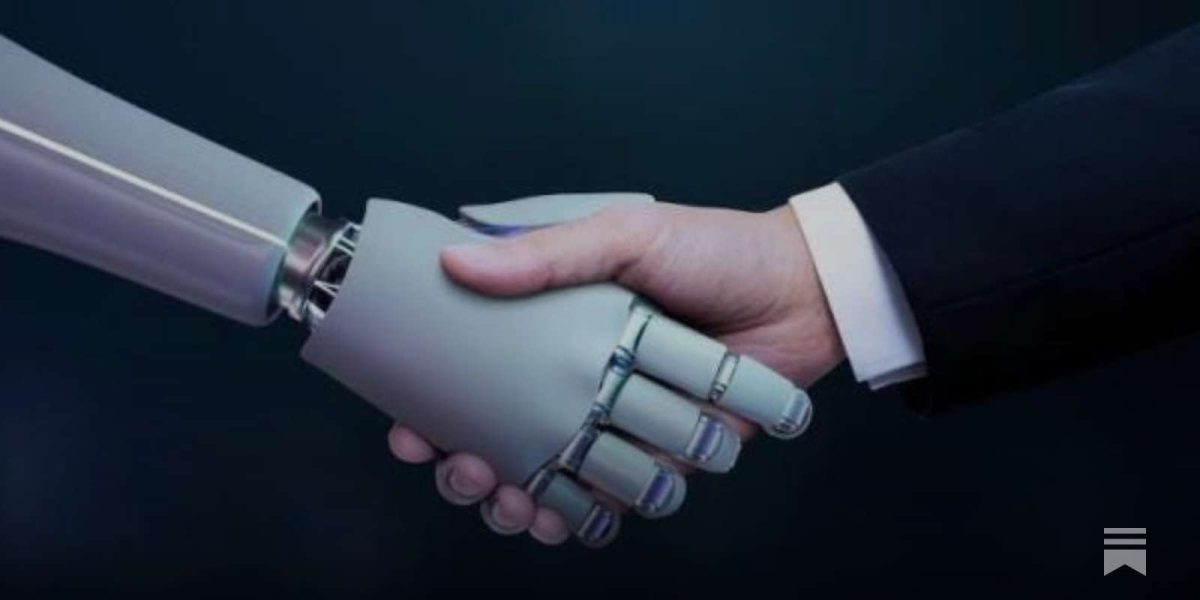Artificial Intelligence is shaping every industry – the legal industry is no exception as more and more companies are using AI to automate legal tasks and improve efficiency. AI-powered tools such as legal research platforms, contract review software, and predictive analytics are being used to streamline the legal process, reduce costs, and improve accuracy.
One of the main ways in which AI is impacting the legal industry is through the automation of repetitive and time- consuming tasks such as legal research and contract review. AI-powered platforms can quickly search through large volumes of information, identify relevant documents, and extract key information, which can save lawyers significant amounts of time. But at the same time, AI tools like ChatGPT lack significant legal knowledge or expertise that a well trained lawyer possesses.
While ChatGPT is helpful in generating and reviewing contracts as well to some extent. Many have been using it for drafting their personal and business contracts, however, when it comes to drafting important legal contracts, ChatGPT is not a substitute for a lawyer.
Here are several reasons why it is preferable to have a contract drafted by a lawyer, rather than one generated by ChatGPT:
- Latest Regulations: ChatGPT is not aware of the latest regulations and precedents as it has limited knowledge with the data fed to it, whereas lawyers keep themselves updated about the latest laws, regulations and case-laws updates. Lawyer drafted contracts are up-to-date and legally sound. This is important as laws and regulations do change frequently, and something that was legal till yesterday might not be allowed today.
- Lack Drafting Skills: ChatGPT is not trained about language skills that lawyers possess for drafting legal documents. Drafting in clear, precise and unambiguous language is essential to minimise the risk of errors, inconsistencies or confusion in the contract. Lawyer drafted contract is formulated in such a way that is easy to read and understand. Drafting a cohesive and consistent contract, which is easy to navigate is an important factor when drafting a contract.
- No legal expertise: ChatGPT lacks formal legal education and training to draft contracts. Lawyers has acquired legal expertise which enables them to understand legal principles and context. They can provide expert guidance on the legal aspects of a contract. A lawyer thinks through a wider viewpoint – This can include knowledge of contract law, commercial law, and specific laws and regulations that may apply to the contract (e.g. consumer protection laws, data protection laws, etc.).
- No Protection of interests: ChatGPT lacks personal touch to protect the interest of its client’s. Every query asked, ChatGPT responded with artificial intelligence automated replies. It isn’t even aware of the parties involved in the contract and how to negotiate on behalf of clients. On the other hand, lawyers identify potential issues that could arise from the contract and provide guidance on how to mitigate them to protect the interests of all parties involved in the contract. This can include identifying potential liabilities, ensuring that the contract is fair to all parties, and addressing any potential conflicts of interest.
- Lack of representation: Lawyers have the authority and ability to represent clients in legal matters, which can be important for enforcing the terms of the contract. ChatGPT generated contracts lack enforceability on their own. Contracts need representation to establish authority and enforceability. This ability to file lawsuits, represent clients in court, and negotiate settlements on behalf of clients is something artificial intelligence tools like ChatGPT is unable to do. Only the Lawyers have the ability to communicate effectively with other parties involved in the contract, and can help resolve disputes that may arise from drafted contracts.
Conclusion
Overall, using a lawyer rather than ChatGPT to draft a contract that provides clients with a higher level of protection, and greater peace of mind that the contract will be legally binding and enforceable is the right approach. While AI definitely is an useful tool to have for doing different kinds of works – including drafting contracts, but it’s nothing more than a “tool” to be used by the person who knows what he is doing.
While AI tools are helpful in automating certain tasks, they cannot replace the knowledge, expertise, authority, and representation of a trained lawyer.




